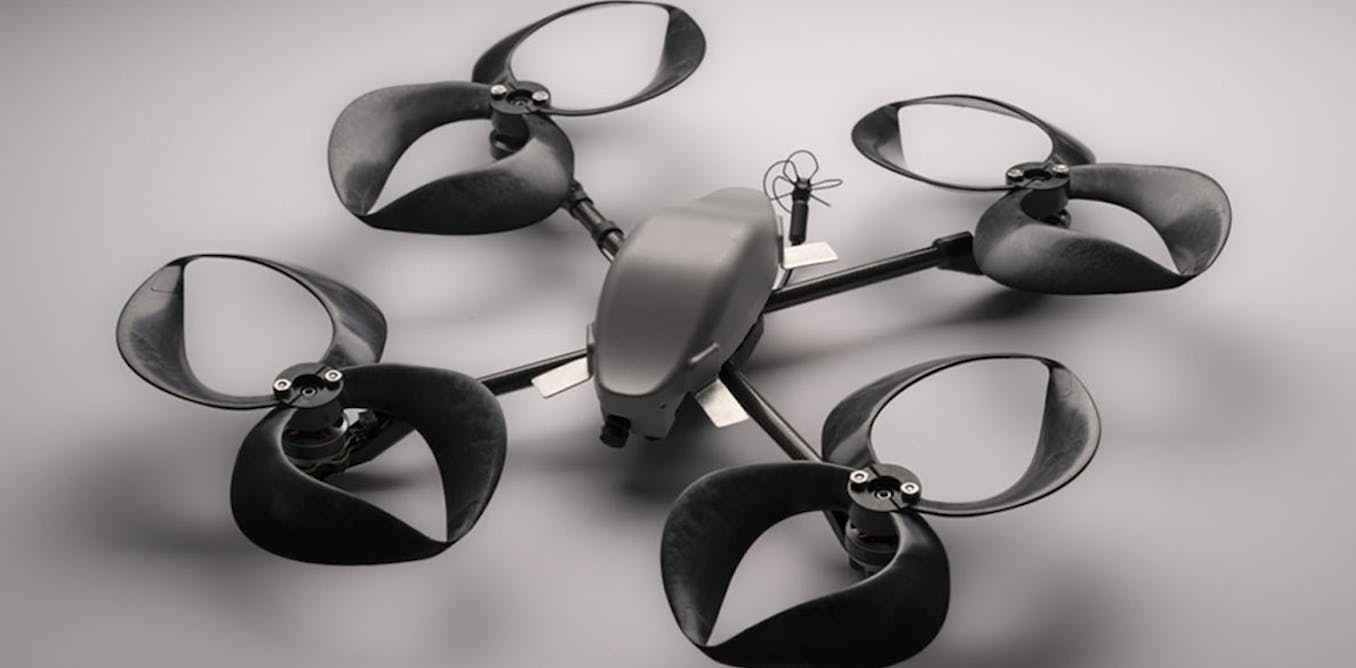It’s amazing that the world is still seeing innovation on something as simple as a propeller, the limits of science are so vast!
I remember reading about these a little while ago. Supposedly toroidal propellers aren’t that good for high RPM and high speeds, but they’re really good for things like submarines and they also create no bubbles/sound. Another big benefit is they don’t harm wildlife such as manatees because they don’t have blades.
Yeah the benefits seem to be greater on the marine side…
But even then how much better they are is essentially unknown with an awful lot of drawbacks. They weigh more which is problematic for drones, are significantly more complex to manufacture and thus are more expensive.
So unless they can quantify how much better (and for those cons they need to be significantly better) I don’t see this gaining any traction.
The places I see them gaining traction are areas with manatees and wildlife that can be harmed by conventional propellers. If the local government enacts legislation that requires the use of them to protect wildlife for instance.
For now, they are prohibitively expensive due to the monopoly that Sharrow has with their patent. But there are other ways, such as jet ducts, to protect wildlife. But it’s not so easy to retrofit a jet into an existing boat.
Curious. Could you 3d print a propeller or does it demand some sort of higher quality manufacturing process? For a DIY drone project slapping some toroidal propellers just to test it out seems doable.
It’s been done a lot, but its kinda pointless as any noise improvements from the shape are obliterated by the bad surface finish.
Yes, they still work if they are 3d printed and you can even find files online for them such as this





